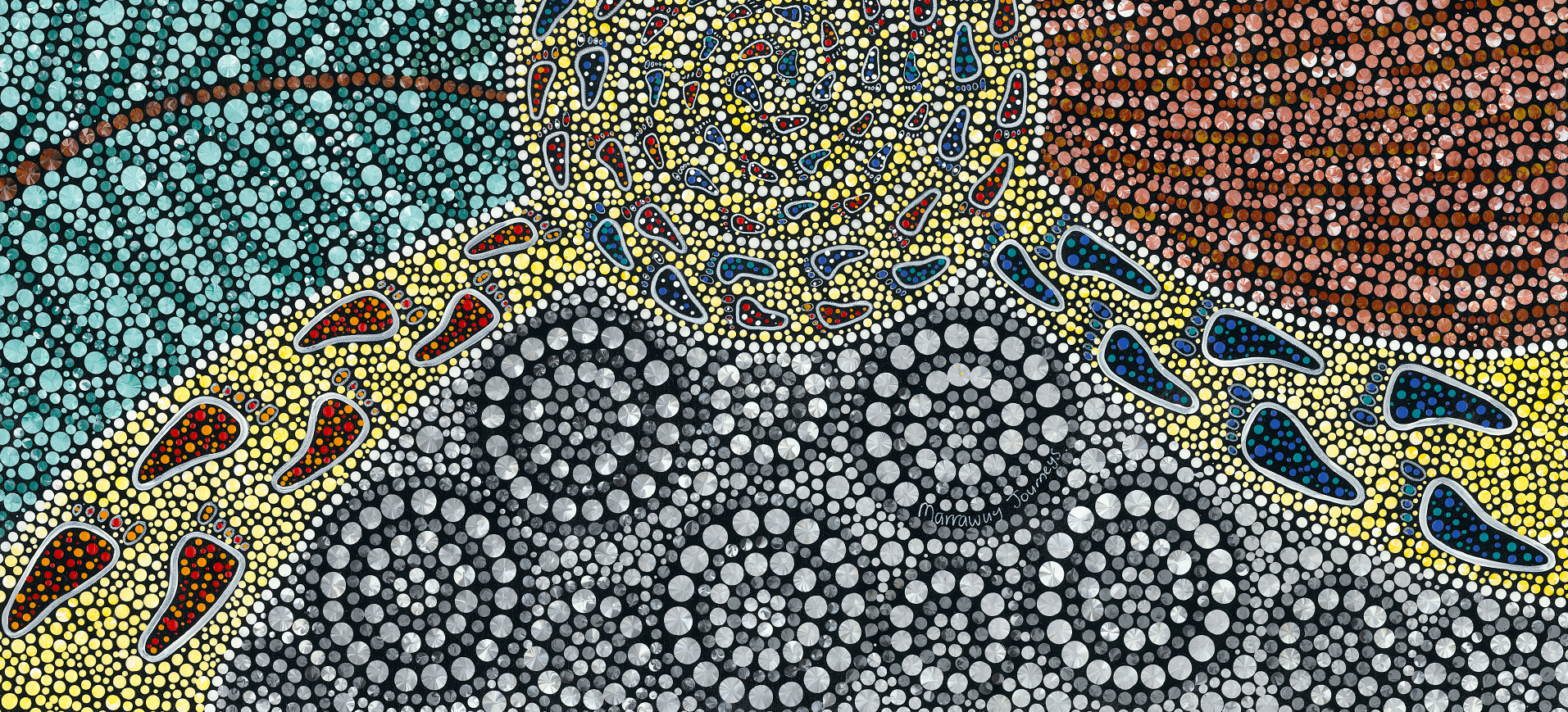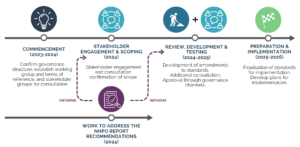Alignment with related national work in Australia
In 2022 and 2023, the National Health Practitioner Ombudsman (NHPO) undertook a review of specialist medical college policies, procedures, and practices for accreditation of specialist training sites. In November 2023, the Ombudsman published a report setting out recommendations for colleges and the AMC, Part one: A roadmap for greater transparency and accountability in specialist medical training site accreditation. Health Ministers received this report in late 2023 and agreed with the recommendations. Health Ministers have directed the AMC and the Health Workforce Taskforce to work with colleges on the implementation of the recommendations.
Colleges and the AMC have already progressed this work, working collaboratively to agree the Communication Protocol approved by Ministers in 2023. The protocol sets out the roles and responsibilities and expectations about communication regarding accreditation of training sites/posts in Australian public hospitals and health facilities. The protocol is now operational.
Making progress on the NHPO recommendations, and the implementation of the Communication Protocol is a Ministerial priority and therefore, work will occur on a faster track ahead of the Standards Review. This work will support the confirmation of the scope of the review and inform how the standards are developed at the relevant points in the review process, in particular, standard 8.2 relating to the accreditation of training sites by specialist medical colleges.
The response to the NHPO recommendations is being managed as an operational improvement project and the AMC has engaged the Miller Blue Group consultancy to support the AMC and colleges in the work, so progress can be made in a timely way. The AMC liaises with the Health Workforce Taskforce, the Medical Board of Australia, and Ahpra to report progress.
In December 2023, the National Cabinet endorsed the final report on the Independent Review of Australia’s Regulatory Settings Relating to Overseas Health Practitioners by Ms Robyn Kruk AO, which recommended broad reform to streamline regulatory settings for international health practitioners seeking to work in Australia. The report contains 28 recommendations for broad reform to streamline regulatory settings for international health practitioners seeking to work in Australia. The broad reform areas are:
- Improve the applicant experience
- Expand fast track registration pathways
- Improve workforce data and planning
- Increasing flexibility, while ensuring safety and quality of care
- Enhance regulator performance and stewardship.
The recommendations in the report will inform the scoping work for standards relating to assessment of specialist international medical graduates.

